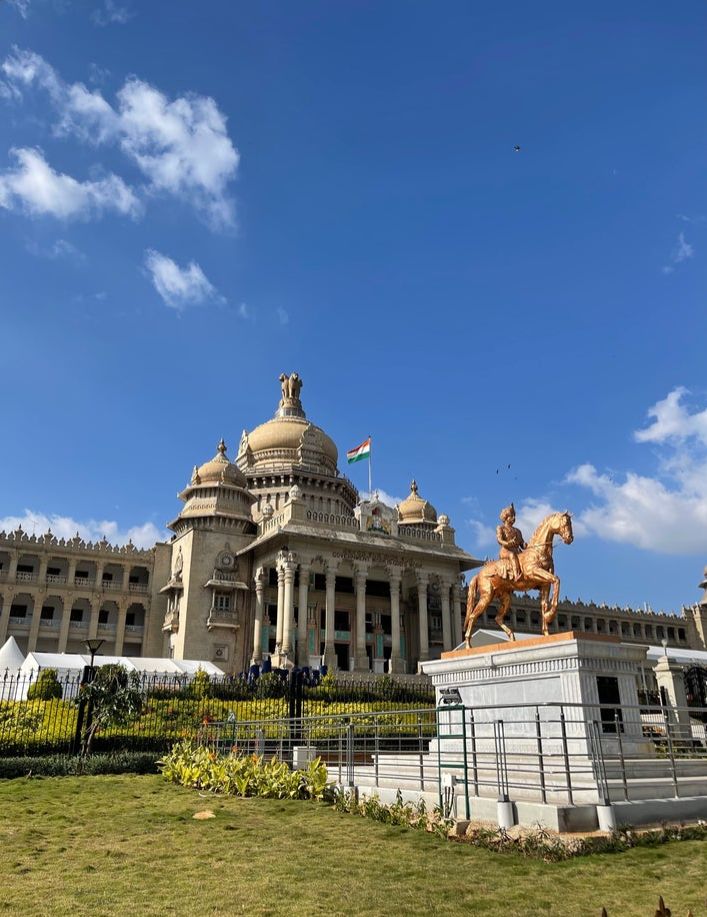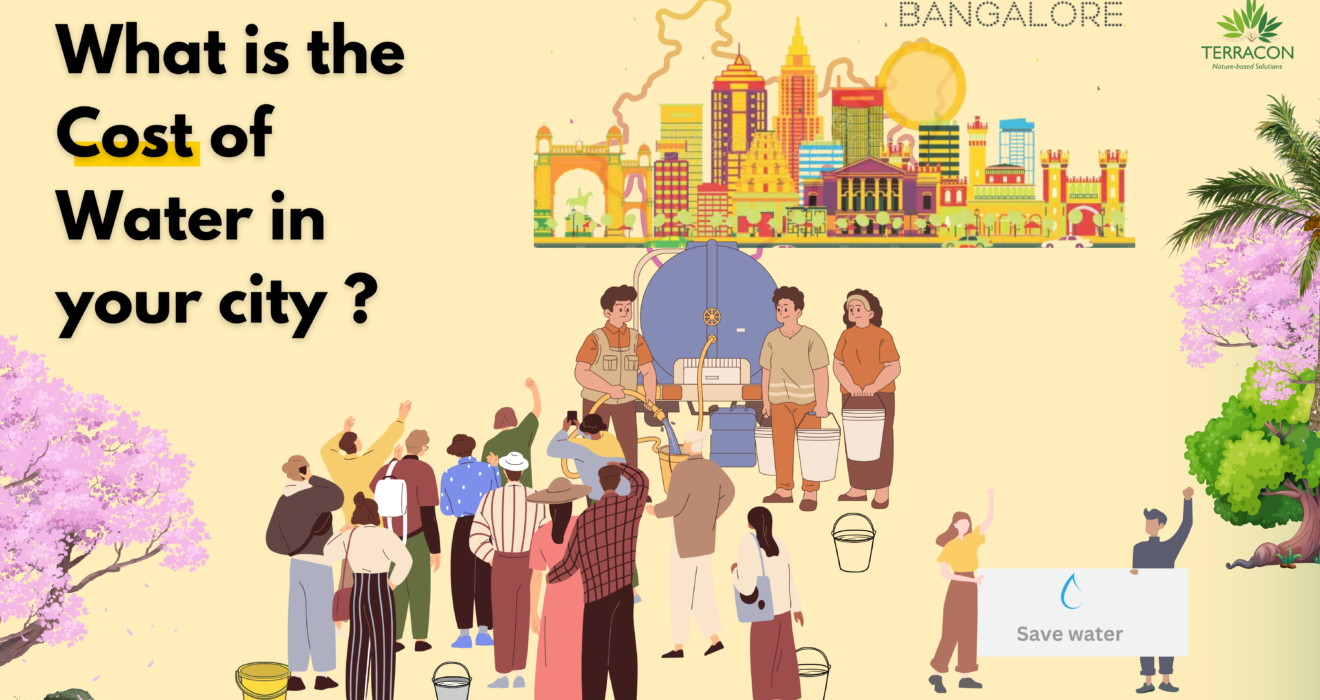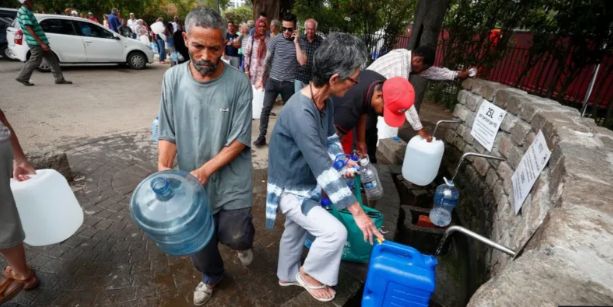Imagine waking up one day, turning on the tap, and nothing comes out. That’s exactly what happened in two big cities – Cape Town and Bangalore – but on a different note. A super long drought dried up the dams and rivers, leaving the city parched.
Cape Town’s Water Woes: April 14, 2023
Cape Town is a beautiful city in South Africa, but it faced a big problem with water. The problem started because there wasn’t enough rain for a long time. This meant there wasn’t enough water in the dams that supply water to the city. More people were using water, but there wasn’t enough to go around. It was like having too many people sharing one small cake – eventually, there’s not enough for everyone.

Bangalore’s Water Crisis: March 9, 2024
Bangalore is a big city in India known for its technology industry, but even it had trouble with water. Just like Cape Town, Bangalore didn’t have enough rain, and the city’s lakes and water sources were getting smaller. Many people were using water for their homes and businesses, but there wasn’t enough to meet everyone’s needs. This led to a big problem for people who relied on the city’s water supply.
What’s Similar?
- Not Enough Rain: Both cities didn’t get enough rain, which is crucial for filling up the water sources like dams and lakes. Without enough rain, there’s less water for everyone to use.Too Many People, Not Enough Water: Both Cape Town and Bangalore have a lot of people, and as more people move in, there’s more demand for water. But if there’s not enough water to begin with, it creates a big problem.
- No Backup Plan: When the water levels dropped, there wasn’t a good backup plan in place to make sure everyone still had enough water. This made the situation even worse.
What Can We Learn?
- Save Water: It’s important for everyone to save water, whether it’s by taking shorter showers, fixing leaky faucets, or using water wisely.
- Plan Ahead: Cities need to plan for the future and make sure there’s enough water for everyone, especially during dry times.
- Protect Water Sources: Lakes, rivers, and groundwater sources need to be protected from pollution and overuse so they can provide water for generations to come.
- Invest in Infrastructure : Developing robust water infrastructure , including recycling facilities , desalination plants , and stormwater management systems,is essential for strength.
By learning from what happened in Cape Town and Bangalore, we can work together to make sure everyone has enough water, no matter where they live. Saving water and planning ahead are key to preventing water crises in the future.
Learn more about how to mitigate environmental impact at https://www.terraconindia.com/

Written by:
Anjeeta Goud
followed by Team – Business development and Strategy followed by Terracon Ecotech.
Reference: https://en.wikipedia.org/wiki/Cape_Town_water_crisis#:~:text=In%20mid%2DJanuary%202018%2C%20previous,the%20City%20reached%2013.5%20percent https://en.wikipedia.org/wiki/Cape_Town_water_crisis#:~:text=In%20mid%2DJanuary%202018%2C%20previous,the%20City%20reached%2013.5%20percent https://https://en.wikipedia.org/wiki/Cape_Town_water_crisis#:~:text=In%20mid%2DJanuary%202018%2C%20previous,the%20City%20reached%2013.5%20percent.www.republicworld.com/india/bengaluru-water-crisis-water-outage-at-big-companies-residents-blame-urbanisation-for-shortage/ https://www.downtoearth.org.in/news/water/bengaluru-water-crisis-is-the-southern-metropolis-heading-towards-day-zero--94916





